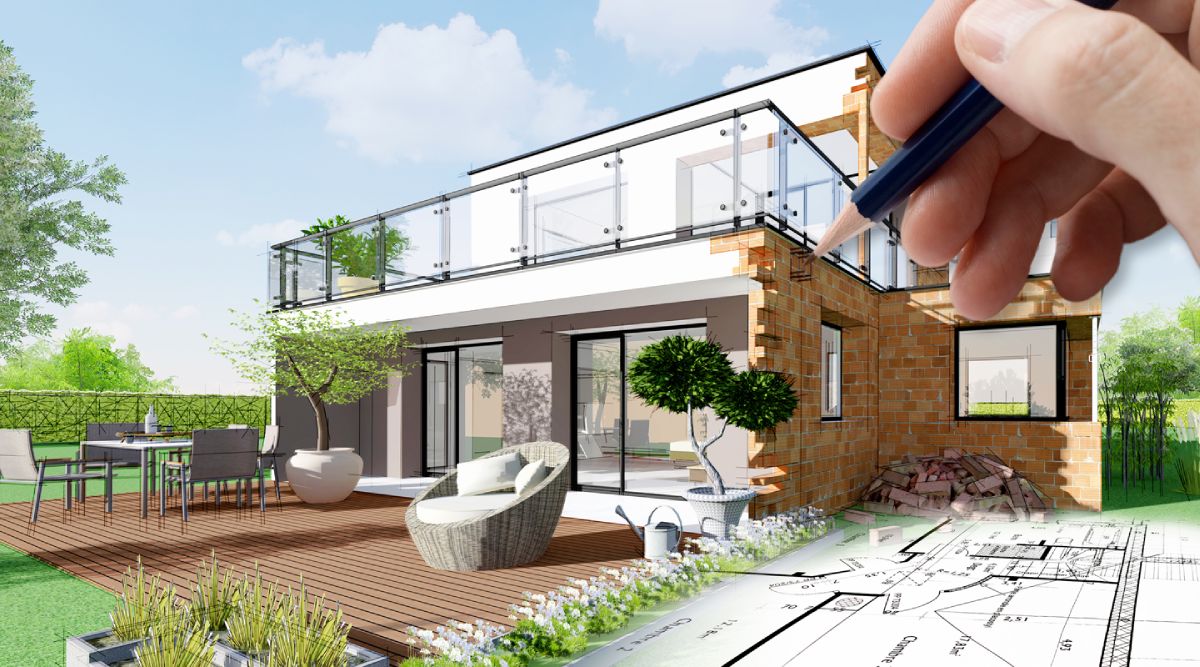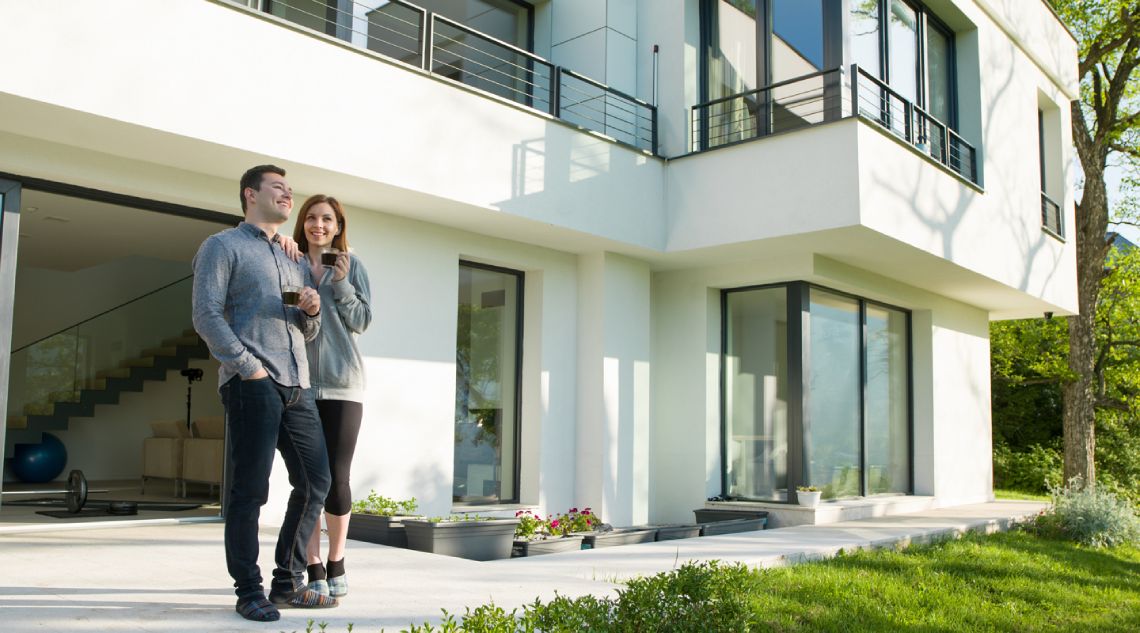The cost of a new home depends on whether you are planning to buy or build a new home. The factors like location, mortgage, down payment, market trends, and construction cost influence a potential homeowner’s decision to buy or build a house.
Moreover, it also depends on personal requirements, whether you prefer the convenience of buying an existing home or building a customized one.
Both options come with their own set of expenses. Here’s a deeper look into each of them.
Buying a New Home
The typical home price in the state of Texas is around $247,210 as of January 2021. Compared to January 2020, there was a significant increase of about 9.1%. As you can see from this data, buying a new home is a significant investment. It isn’t a one-time investment either. You might need to take a loan and pay an initial down payment, followed by monthly or yearly payments.
Down Payment
To buy a new home, you need to pay a portion of the sale price upfront. The rest of the sale price is paid as a mortgage over the coming years. Therefore, it is a better option to go for a higher down payment at the start, as this will help lower the mortgage payments.
Mortgage Payments
It is a long-term loan taken to buy a house. In addition to the down payment, you need to carry out monthly interest payments to the lender. This is the biggest monthly investment that goes into buying a new house. The land and your home will serve as the collateral for your mortgage loan.
Property Taxes
The property taxes vary depending on the state and county where your home is located. Generally, you might have to pay your first property tax during the closing process of your house. Some mortgage companies collect them as part of your monthly mortgage bills, or in other cases, you might be responsible for paying the property tax on your own.
There is no property tax in Texas. The office of the Comptroller does not collect property taxes or set tax rates. Local taxing units are in charge of this, as they use tax income to fund local services such as schools, streets and roads, police and fire protection, and so on.
Homeowner’s Insurance
It is a type of property insurance that covers any damage or loss that might occur to your house, furnishings, or any other house assets. It provides liability coverage for mainly four kinds of incidents that might happen within your property, namely, interior damage, exterior damage, any loss/damage to assets, or injury. Homeowner’s insurance policy comes with different liability limits, which determine the premiums to be paid. Look for the policy option that is best suited to you.
Parking Space Charges
While planning the expenses of buying a house, you also need to factor in the parking charges. At an additional cost, some luxury units offer multiple parking spaces. Typically, parking spaces are often dependent on the location of the house.
Building a New Home
 The second option is building a new home. Let’s now explore the overall expenses if you decide to go along with this option.
The second option is building a new home. Let’s now explore the overall expenses if you decide to go along with this option.
Either you already own a plot of land or plan to purchase land to build your new home. The land value can vary according to geographical locations, market value, accessibility, etc. Once you acquire your land, you can go about the task of building a house.
There are various expenses associated with building a new home. Let’s look at some of them.
Developers Or Home Builders’ Fees
Costs of building a house with a developer will be substantially lower than going for a custom build with a home builder. This is because developers usually build many houses at once. They even offer a range of floor plans to choose from. But on the downside, you won’t have the option to custom design your house based on your needs.
Interior Material Costs
It can include plumping, painting, insulation, wiring, to name a few. The cost can quickly soar up even after compromising and cutting down quite a bit. Sourcing the materials on your own can save you a lot of money. This will help you stay within the budget without sacrificing too much out of your project.
Amenities
Your builders or developers charge these if you plan to incorporate amenities like a gymnasium, swimming pool, or any other additional upgrades. These high-end amenities can quickly increase your expenses. Moreover, you’ll end up spending a lot of money to maintain these amenities down the line.
Labor Costs
Not all houses are the same. The labor cost depends on the type of construction and finishing done on your home. As a general rule of thumb, you can estimate the average labor cost to be approximately 39% of the total build cost. There are various types of labor costs to be paid, for instance, architect’s fee, electrician’s fee, and plumber’s fee, to name a few.
Whether buying or building a new home, it’s not possible to avoid all these housing costs, but you can always cut down on them. So when you go house hunting, it’s good to have a fixed budget in mind to make an informed decision.



